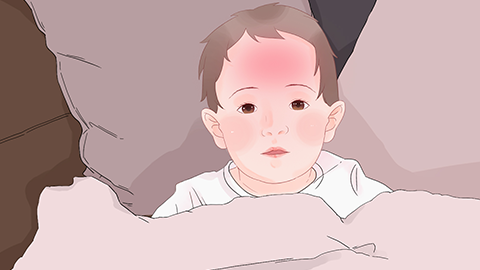At what temperature in degrees Celsius should a child take fever-reducing medication?
Generally speaking, fever refers to an elevated body temperature. When a child's temperature reaches above 38.5°C, it is usually recommended to administer fever-reducing medication under a doctor's guidance. If there are any concerns, timely medical consultation is advised. Detailed explanation is as follows:

Fever is a natural response of the body to infection or inflammation, helping enhance the phagocytic and clearance abilities of immune cells by increasing body temperature, thus aiding in eliminating pathogens. When body temperature ranges between 37.5°C and 38.5°C, it generally does not impose significant stress on the body and may even benefit immune system function. At this stage, physical cooling methods, such as warm water sponge baths or applying a cool towel, can help relieve discomfort.
When body temperature reaches 38.5°C or higher, it may lead to febrile convulsions and increase the burden on the heart, potentially affecting the normal functions of the central nervous system, respiratory system, and circulatory system. At this point, taking fever-reducing medication can rapidly lower body temperature, reduce the strain caused by high fever, and protect bodily functions from damage. Additionally, fever reducers can alleviate discomfort caused by high fever, such as headache and muscle pain, making the child feel more comfortable.
However, this is not an absolute standard. If a child has a history of febrile seizures, fever-reducing medication may be needed even at around 38°C to prevent seizure episodes. Similarly, if a child's temperature hasn't reached 38.5°C but noticeable symptoms of discomfort are already present, such as persistent crying or poor mental state, fever medication may also be appropriately administered under a doctor's advice.
During a child's fever, parents should closely monitor changes in body temperature and the child's mental state, promptly implement appropriate cooling measures, and seek professional medical assistance when necessary.






